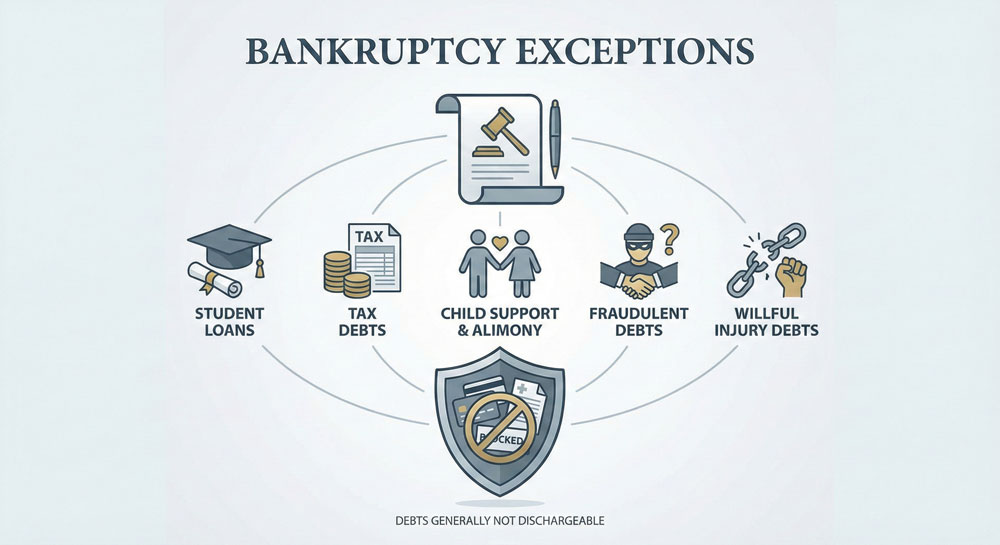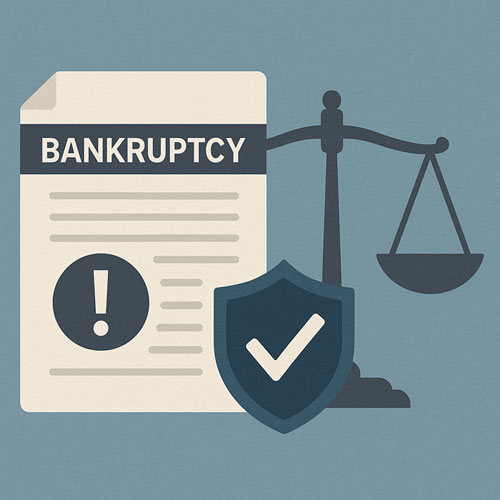What Is A Credit Score Anyways?
 Creditors for millennia have sought ways to determine the likelihood of debtors paying back their loans. Until a the 1950’s, there was no standard, objective means of evaluating credit. Most lenders would interview potential borrowers to try and “get a feel” for if the person was likely to repay his or her debt.
Creditors for millennia have sought ways to determine the likelihood of debtors paying back their loans. Until a the 1950’s, there was no standard, objective means of evaluating credit. Most lenders would interview potential borrowers to try and “get a feel” for if the person was likely to repay his or her debt.
Creditors starting moving towards a more objective evaluation when Bill Fair and Earl Isaac created a statistic-driven credit scoring system in the 1950’s. This system underwent a lot of revision over the decades, evolving into the modern FICO score. Creditors preferred this objective scoring system to the subjective lending process of centuries past. Today, nearly all creditors rely heavily on the FICO score when considering issuing a loan.
The FICO score consists of five parts – payment history (35%), credit utilization (30%), length of credit history (15%), credit mix (10%), and new credit (10%).
- Payment history: FICO keeps tabs on your payment and bill history. Fall behind on a credit card and your credit score is sure to drop.
- Credit utilization: In plain English, this means how much you owe. Too much or too little debt will hurt your score.
- Length of credit history: The longer you have open credit, the better your score.
- Credit mix: The sort of debt you have affects your score. Diversified debt is typically better than a single debt.
- New credit: Opening new credit accounts will hurt your score. New accounts lower your average account age, which has a negative effect on your score.
With all that being said, I personally am not a fan of the FICO score. I’m sure it does a pretty good job establishing one’s likelihood to pay a debt, but the ability to pay a debt isn’t a good indicator of overall financial health. People who win with money avoid debt, because debt drains your income which prevents you from saving, investing, and giving. You need to be saving, investing, and giving if you want to win with money.
If your interested in speaking with a bankruptcy attorney in the Stockton area, give our office a call for a free consultation.
Categorized in: Credit



